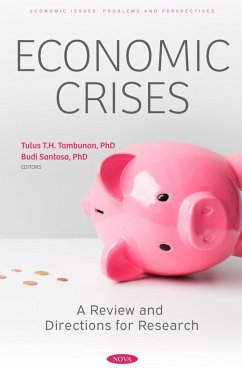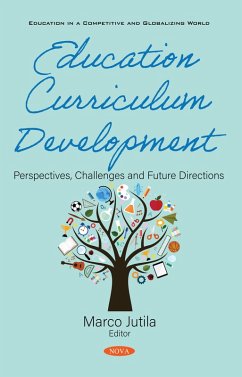In the 1920s, the United States experienced an economic crisis. The public called it the Great Depression. This dark history lasted for 10 years, starting from 1929 to 1939. The Great Depression was a severe blow to the United States economy considering that during the 1920s their economy grew so rapidly. The country's wealth more than doubled, so this period was called "e;The Roaring Twenties"e;. The fast-growing economy fueled massive speculation in the stock market. The stock index skyrocketed to its peak in August 1929. The Great Depression was not the last crisis to hit the world. Since the end of the second world war until 2022, the world has experienced a number of crises both global in nature such as the oil crisis in the mid-1970s, the global financial crisis in 2008-2009, and most recently the crisis due to the Covid-19 pandemic, as well as regional ones that also caused disruptions to the economies of many countries outside the region, such as the 2010 Euro debt crisis and the 1997-1998 Asian financial crisis. In the 2008/2009 global financial crisis, the United States faced severe economic turmoil. Stock values plummeted, loans were bad, companies went bankrupt, and people were unable to meet savings goals or plan for the future. People panicked and feared that their country would fall apart. As a result of expectations or speculations that were too far apart, that year witnessed how a superpower region like the United States was able to sink into the depths of crisis. Many people equate the global economic crisis of 2020 to mid-2021 due to the Covid-19 pandemic with the Great Depression of the 1930s. Even the International Monetary Fund (IMF) has stated that the world will face the worst crisis due to the pandemic (COVID-19). It is said that this crisis will be more severe than the Great Depression. In the World Economic Outlook report released by the IMF in October 2021, it said that the closure of most business activities by governments in many countries to stop the transmission of the pandemic resulted in a decrease in global economic activity. This makes this one of the reasons for the global crisis. Although there have been many articles in journals and books about these crises, there are still several questions, including the main source of an economic crisis and how the crisis negatively affected a country's economy. This book, entitled Economic Crises: A Review and Directions for Research, tries to answer this question both theoretically and empirically. It is hoped that the discussion in this book can provide new research topics regarding an economic crisis and the direction of future research. What is clear is that the world's experience with the economic crisis that occurred in 2020 due to a virus that devastated the world economy requires more research on this new type of economic crisis from various perspectives.
Dieser Download kann aus rechtlichen Gründen nur mit Rechnungsadresse in A, B, BG, CY, CZ, D, DK, EW, E, FIN, F, GR, HR, H, IRL, I, LT, L, LR, M, NL, PL, P, R, S, SLO, SK ausgeliefert werden.









